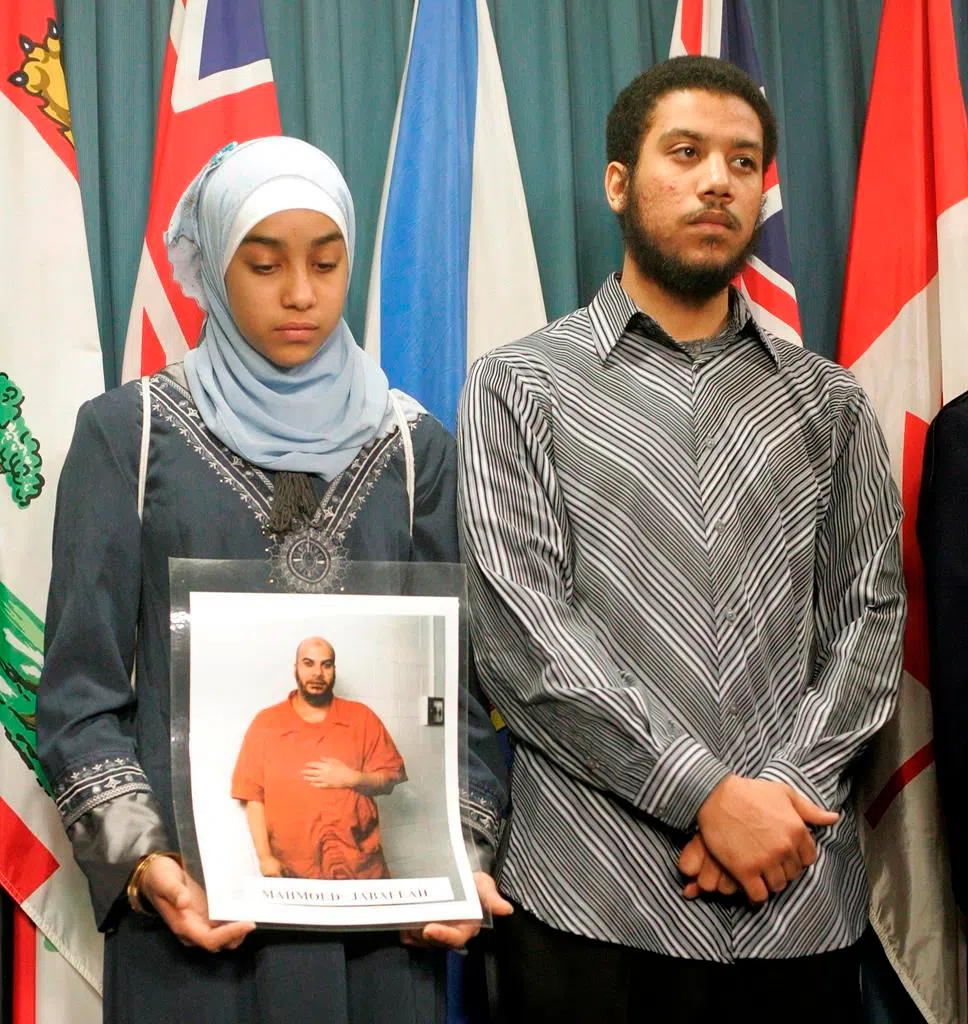
‘Danger is serious:’ bail terms upheld for Egyptian accused of terror ties
TORONTO — Strict release conditions need to continue for an Egyptian man the federal government has long branded as a potentially dangerous terrorist, a Federal Court judge has ruled.
In rejecting a request from Mohamed Mahjoub to have most conditions lifted, Judge Henry Brown ruled the terms were necessary to ensure public safety.
“No one suggests (he) is currently engaged in activities dangerous to Canadians,” Brown said in his decision. “However, his previous active and material support for terrorists — including Mr. (Osama) bin Laden, al-Qaida and others — are facts that lead me to find that his danger is serious.”
Mahjoub, 57, who has steadfastly denied any terror ties, came to Toronto in December 1995 and was granted refugee status almost a year later. However, he was slapped with a national-security certificate and arrested in June 2000, in part based on secret evidence supplied by foreign agencies linked to torture.



